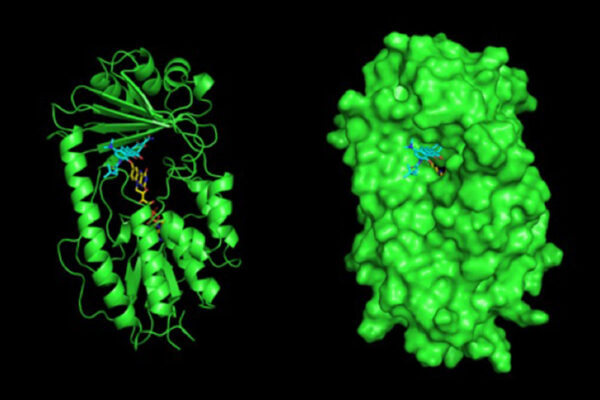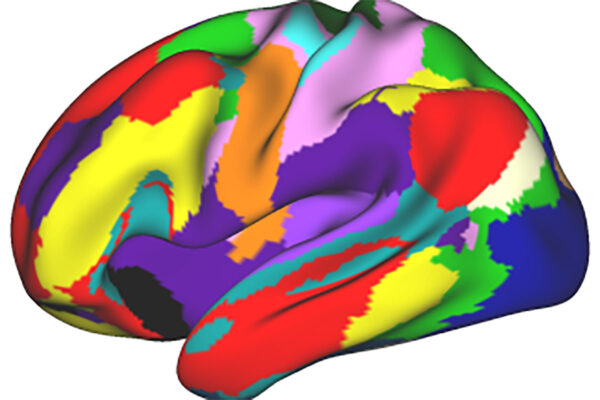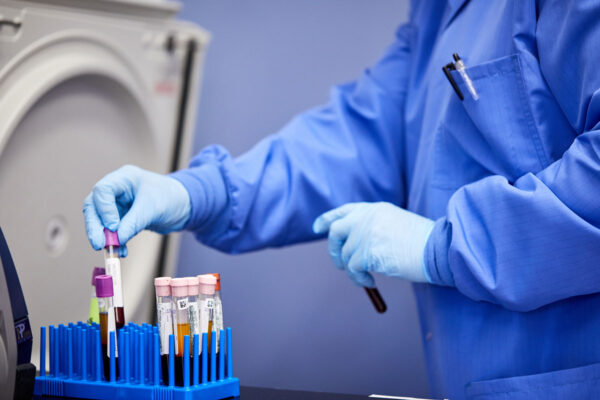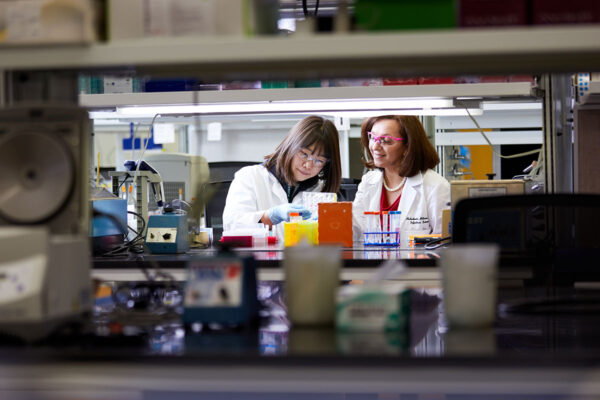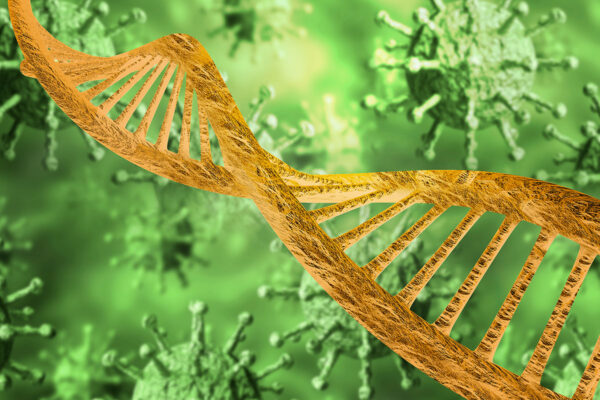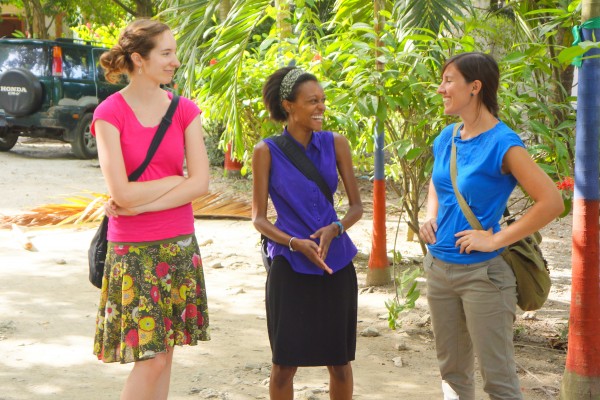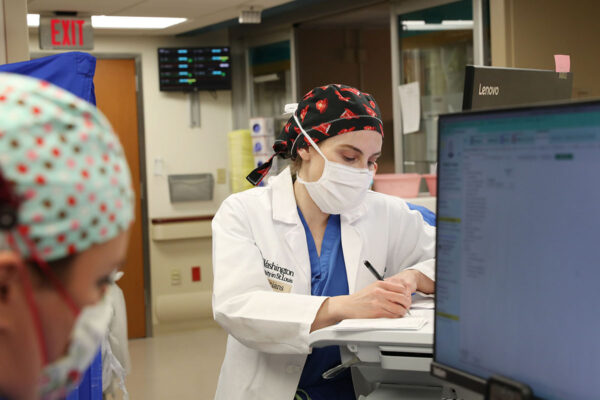Antibiotic-destroying genes widespread in bacteria in soil and on people
Researchers at Washington University in St. Louis and the National Institutes of Health (NIH) have found that genes that confer the power to destroy tetracyclines are widespread in bacteria that live in the soil and on people.
Ssewamala receives NIH grant to train HIV/AIDS Ugandan researchers
A $1.5 million grant to the Brown School will provide state-of-the-art training for 18 early-career researchers in Uganda to strengthen the capacity of research institutions in the country to address HIV/AIDS and its burden on child and adolescent mental health.
$13.7 million to further adolescent brain development study
Washington University scientists will receive $13.7 million in additional funding for ongoing research into adolescent brain development. Their work is part of the largest long-term study of brain development ever conducted in the United States.
Lack of physical activity during COVID-19 may fuel childhood obesity
The childhood obesity rate in the United States may increase by 2.4% if school closures continue into December, finds a new study from the Brown School at Washington University in St. Louis.
Experts urge caution in interpreting COVID-19 antibody tests
Blood tests for antibodies against the COVID-19 virus are becoming more available, but no test is perfectly reliable, so results must be carefully interpreted, Washington University School of Medicine experts say.
$5 million supports research into neglected tropical diseases
Researchers at Washington University School of Medicine have received two grants from the National Institutes of Health (NIH) totaling more than $5 million to study two types of parasitic worm infection that cause devastating illness in millions of people worldwide.
COVID-19 study looks at genetics of healthy people who develop severe illness
Washington University School of Medicine is one of more than 30 genome sequencing hubs worldwide participating in a study to sequence the DNA of young, healthy adults and children who develop severe COVID-19 despite having no underlying medical problems.
Brown School researchers awarded $3.2 million grant to study child growth, development in Haiti
Trish Kohl and Lora Iannotti, associate professors at Washington University’s Brown School, have received a five-year $3.2 million grant from the Eunice Kennedy Shriver National Institute of Child Health and Human Development of the National Institutes of Health to study stunted growth and development in children in Haiti.
Global study to test malaria drug to protect health workers from COVID-19
Researchers at the School of Medicine are helming a global study of an estimated 30,000 health-care workers to establish whether the antimalaria drug chloroquine might prevent or reduce the severity of COVID-19 infections in such workers.
Students, faculty providing coronavirus-related outreach to Latino population
Spanish-speaking students and faculty at the School of Medicine have collaborated with community leaders to create and disseminate information in Spanish about the novel coronavirus for the St. Louis region’s Latino population.
Older Stories
